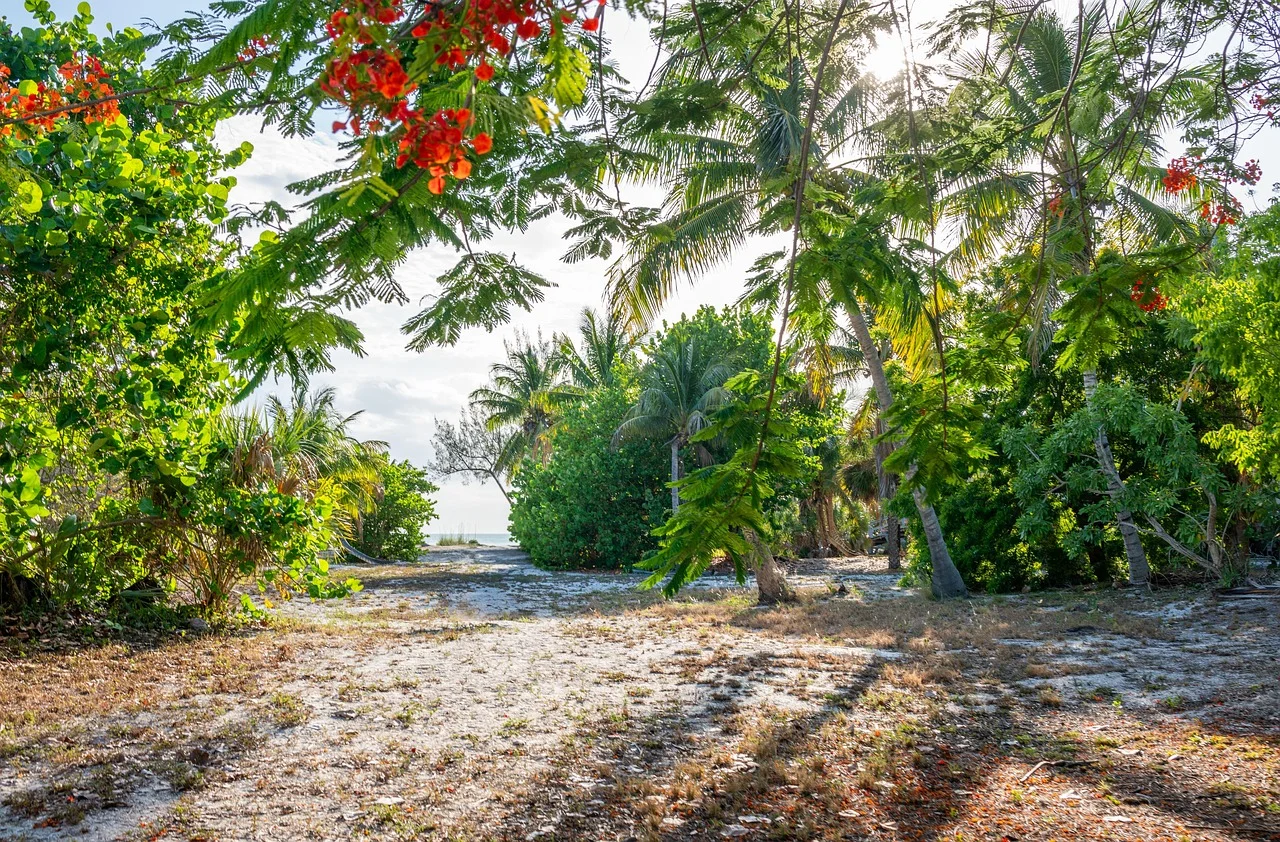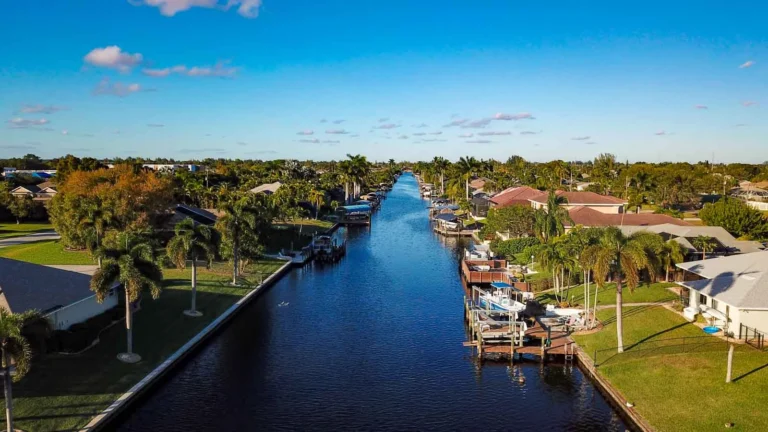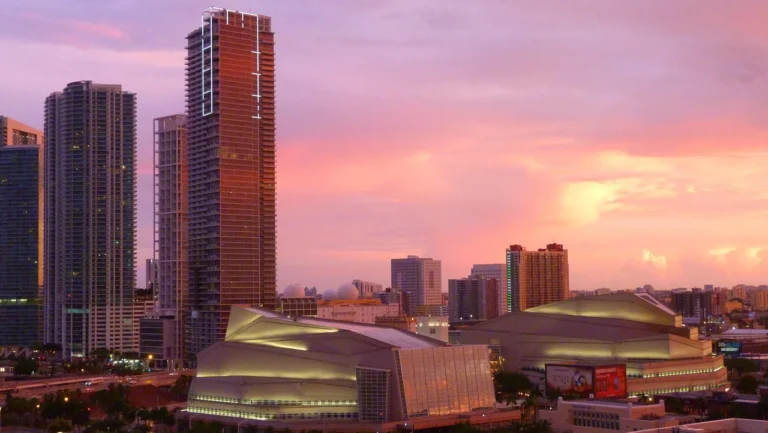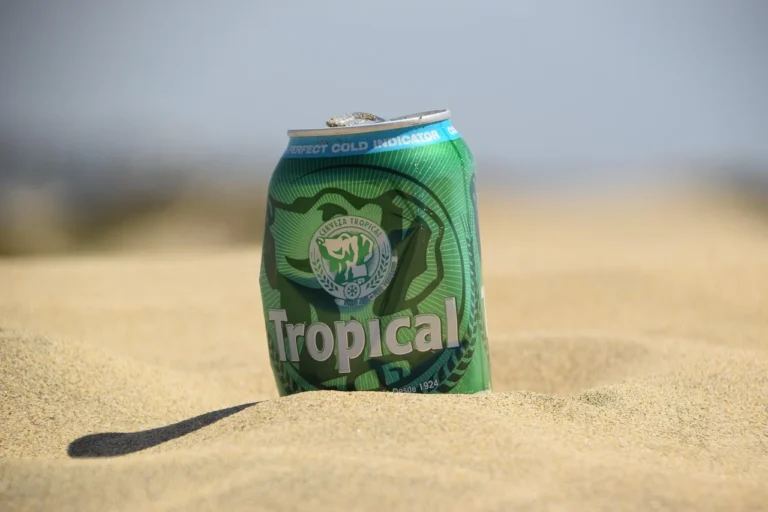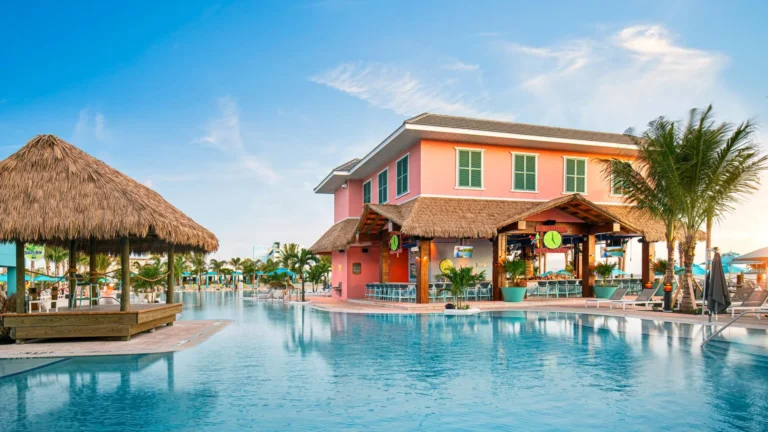What Are the Cons to Living in Fort Myers, FL? Exploring the Downsides
Are you considering a move to Fort Myers, Florida? Wondering what the downsides might be? Often hailed for its warm climate and beautiful beaches, Fort Myers is certainly attractive at first glance. But like any place, it has its share of challenges. Let’s dive into some of the cons of living in this sunny paradise and help you make a more informed decision.
The Weather: More Than Just Sunshine
While Florida is known for its gorgeous weather, it’s not all sunshine and rainbows. The summer months can be unbearably hot and humid. With temperatures consistently hovering in the 90s, you might find yourself retreating indoors with the air conditioning blasting. Not to mention the heavy rain showers that come during the hurricane season, which typically runs from June to November.
Humidity levels can reach 90% or higher, making even simple outdoor activities like jogging or gardening feel exhausting. If you’re not a fan of sweating through your clothes or dodging monsoon-like storms, the weather might be a significant downside.
High Cost of Living
Another important factor to consider is the cost of living. Although Fort Myers was once more affordable compared to nearby cities like Naples or Miami, prices have surged in recent years. Housing costs are climbing, with the median home price increasing substantially. You’ll need to budget wisely if you’re planning on buying or renting.
Additionally, property taxes can be higher than the national average, putting a strain on your finances. If you’re moving from a lower-cost state, the financial adjustments can be shocking.
Limited Job Opportunities
If career growth is a priority, you might want to reconsider. Fort Myers has a growing job market, especially in tourism and healthcare, but it may not offer the same job diversity or opportunities as larger metropolitan areas. If you work in a niche industry, you might find that the job options are limited.
Many residents commute to nearby areas like Cape Coral or Naples for work, which can eat into your time and add stress to your daily routine.
Seasonal Crowds and Traffic
Let’s talk about another downside: the influx of seasonal tourists. Fort Myers is a popular vacation destination, particularly during the winter months. While the hustle and bustle can bring excitement, it also leads to crowded beaches and increased traffic.
If you’re used to a quiet, laid-back lifestyle, the throngs of tourists might be overwhelming. You may find simple errands take longer due to congested roads. Plus, locals often complain about the challenges of parking as spots fill up during peak seasons.
Wildlife and Pest Problems
Florida’s unique ecosystem lends itself to both beauty and a few unpleasant surprises. While living in Fort Myers, you’ll likely encounter critters like alligators, snakes, and a plethora of insects. Mosquitoes can be particularly bothersome, especially during the humid summer months.
If you’re not a fan of creepy crawlies, you’ll need to invest in regular pest control services. It’s just one more expense to factor into your budget.
Limited Public Transportation
If you’re moving to Fort Myers without a car, you may face some challenges. Public transportation is not as robust as in larger cities. While there are options like buses, they may not meet your needs for convenience and reliability. This can make it difficult to get around, especially if you work or need to run errands in areas that aren’t easily accessible.
Healthcare Options
While Fort Myers has healthcare facilities, they may not be as plentiful or specialized as what you’d find in larger urban settings. If you have specific medical needs, you might find it challenging to get access to specialized care without traveling to neighboring cities. This can become a significant concern, especially for retirees who want easy access to healthcare services.
Lack of Cultural Activities
Cultural activities in Fort Myers may not rival those in bigger metropolitan areas. While the city does offer some events and venues, you might miss out on concerts, theater productions, and art exhibits that larger cities provide. If you thrive on a vibrant cultural atmosphere, you may find the options a bit limited.
Conclusion
While Fort Myers, Florida, has its fair share of attractions, it’s essential to weigh these pros against the various cons before making a decision. Whether it’s the humid climate, the high cost of living, or the limited job market, understanding what you might be giving up is crucial. I encourage you to share your thoughts and experiences in the comments below!
FAQs
1. What is the average temperature in Fort Myers?
The average temperature ranges from 70°F in winter to mid-90s°F in summer.
2. Is Fort Myers safe?
Like any city, Fort Myers has safe and less safe areas. Researching neighborhoods thoroughly is a must.
3. How is the education system in Fort Myers?
The public school system is generally rated average, but private schooling options do exist.
4. What recreational activities are available in Fort Myers?
Outdoor enthusiasts can enjoy beaches, parks, and various water sports, although these can become crowded in peak seasons.
5. How does Fort Myers compare to nearby cities?
Fort Myers is more affordable than Naples but can be less bustling than Cape Coral or larger cities in Florida.
Trusted Sources
https://www.census.gov/
https://www.niche.com/places-to-live/fort-myers-lee-fl/
https://www.city-data.com/city/Fort-Myers-Florida.html
https://www.moving.com/
https://www.governing.com/

